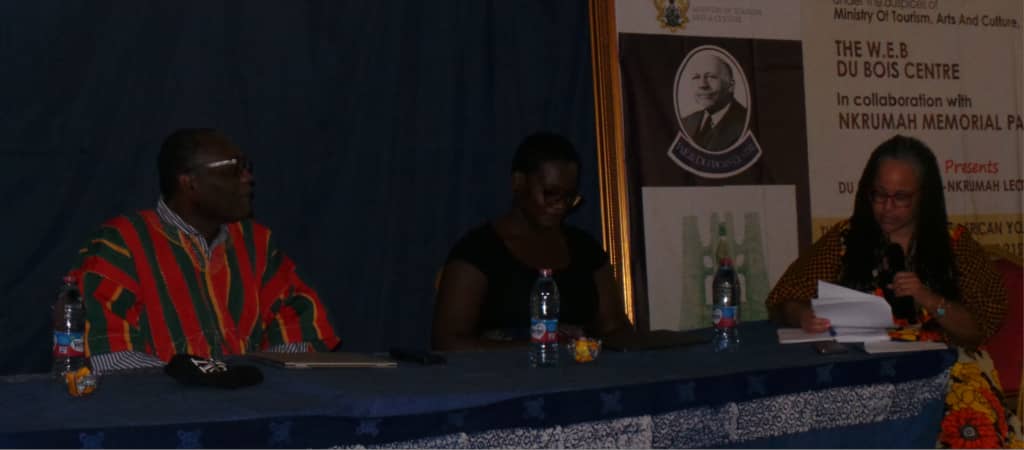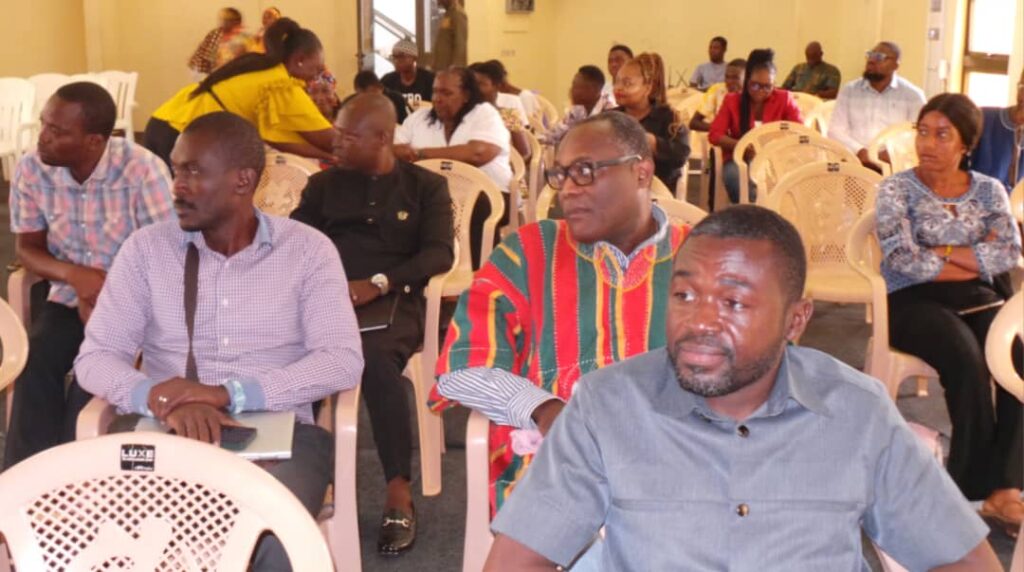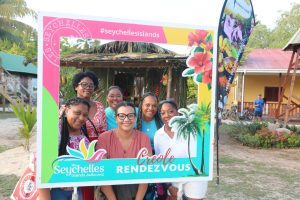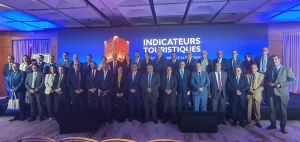The 2024 Dubois-Padmore-Nkrumah Memorial Lecture took centre stage yesterday at the Dubois Centre in Accra, under the theme: “The Role of the African Youth in Promoting the Pan-African Agenda in the 21st Century.”
The event brought together thought leaders from academia, the global African family, students, and members of the Pan-African movement for a vibrant exchange of ideas on how to strengthen unity and progress across the continent.
Delivering his welcome address, Rev. Reuben Kwasi Kwadzofio, Acting Executive Director of the Dubois Memorial Centre, emphasized the legacy of Pan-Africanism’s founding fathers—W.E.B. DuBois, George Padmore, and Kwame Nkrumah. “We gather today not only to honour their legacies but also to reflect on how their visions for liberation, unity, and self-determination can guide us in our present time,” he said.
Kwadzofio challenged the African youth to carry the mantle of progress ignited by these forebears. “The youth of Africa represent the vanguard of change, innovation, and progress,” he declared. “It is through your energy, passion, and vision that the Pan-African dream will be realized in this century and beyond. As inheritors of a rich legacy of resilience, you have the power to shape the future and drive unity, peace, and prosperity for all Africans.”
He urged participants to build on the achievements of DuBois, Padmore, and Nkrumah by promoting solidarity through dialogue, collaboration, and activism. “In these complex times, the youth must be prepared to create a just and united Africa for future generations,” he concluded.

Edward Quao, Acting Director of the Kwame Nkrumah Memorial Park, used his speech to sound the alarm about environmental degradation caused by illegal mining, known locally as “galamsey.” Quao cautioned against the pursuit of wealth at the expense of environmental stewardship, urging young people to emulate Pan-African pioneers who preserved the environment for posterity.
“Protecting our environment is also part of our duty as Africans,” Quao noted. He ended his speech with a powerful reminder: “Mental slavery is when you condemn your ancestors and their way of life, while accepting the culture and practices of those who enslaved them.”
In a speech delivered on behalf of the Minister of Tourism, Arts and Culture, Andrew Egyapa Mercer, Dr. Geoffrey Tamakloe underscored the pivotal role of youth in nation-building and Pan-Africanism. He disclosed the government’s intention to train 200,000 young people in various skills over the next five years, preparing them for the modern workforce and fostering innovation.
“The government sees investing in the youth as a priority,” Tamakloe said. “We believe that building the capacities of young people will empower them to drive the Pan-African agenda.”
A lively panel discussion followed, with experts proposing actionable steps for youth to advance Pan-Africanism. The panellists identified solidarity, collective political will, education, and the creative industry as essential components in achieving the vision of a unified Africa.
The discussion further highlighted that young Africans must take ownership of their role as agents of transformation by participating actively in governance, championing sustainable development, and fostering cultural pride.
This year’s lecture reaffirmed the urgent need for young Africans to rise to the challenge, carrying forward the torch of unity, progress, and freedom toward building a more just, prosperous, and sustainable Africa.







